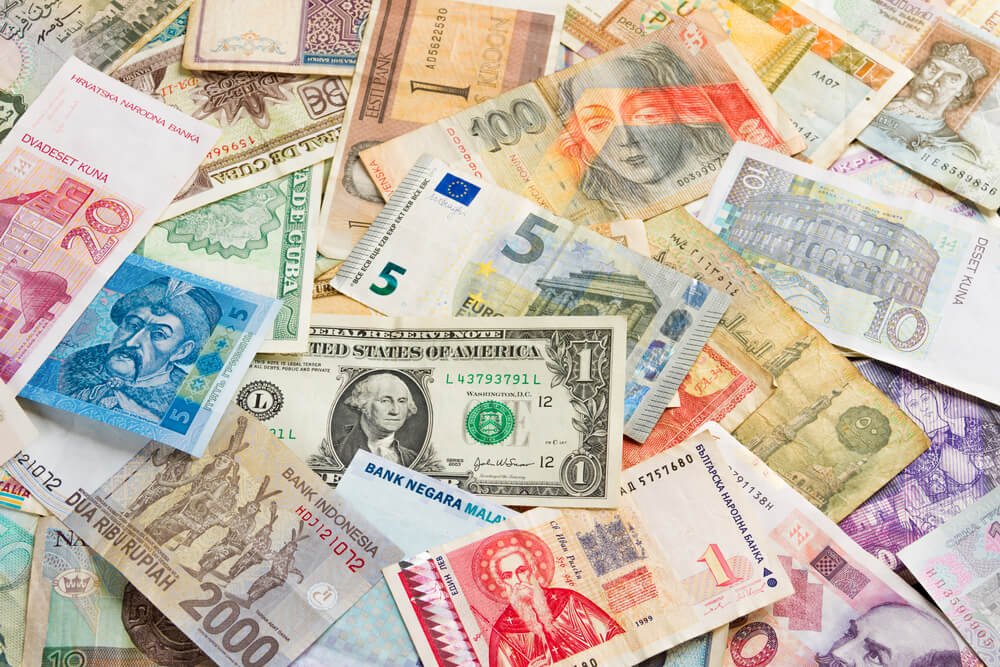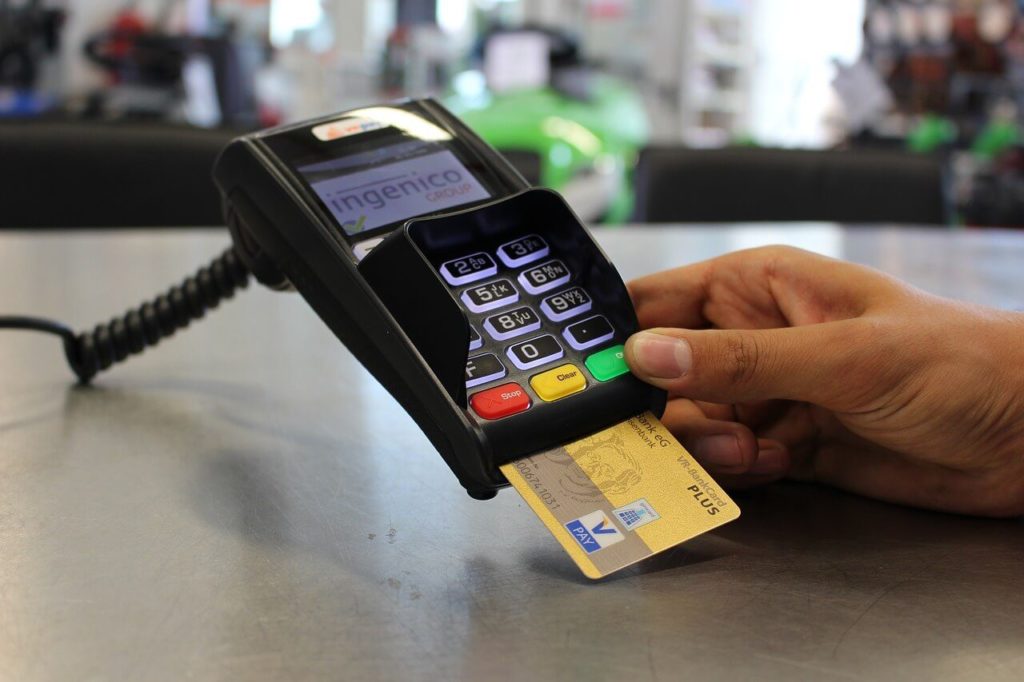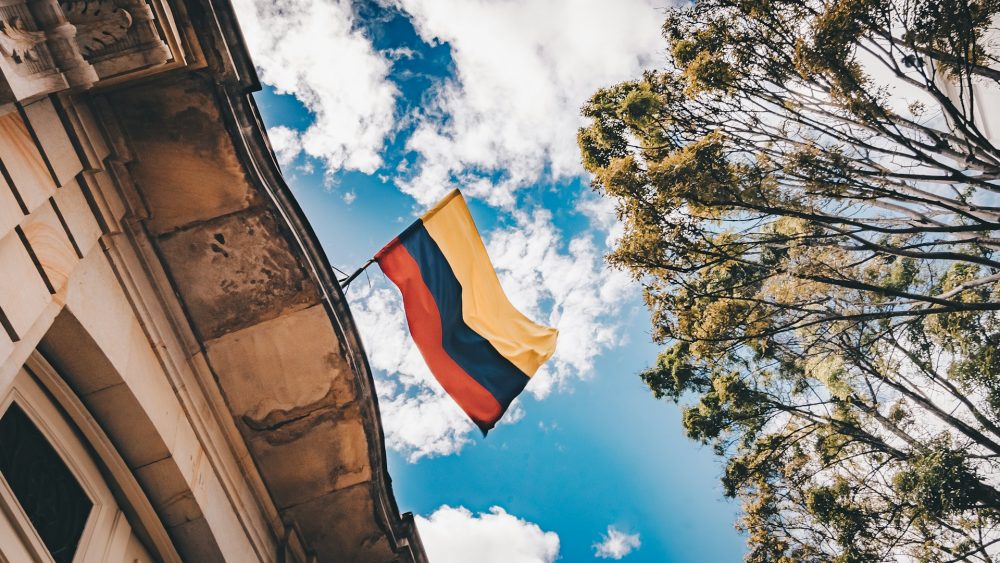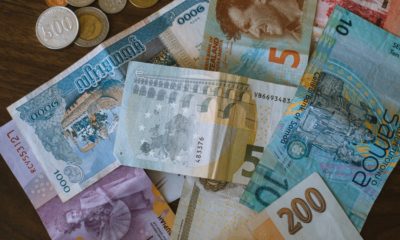Featured
7 easy ways to access your money when traveling overseas
There are a variety of ways to access your money while out on a trip. Check out these options and see what works best for you.

When you travel abroad for your holiday or business trip, you will need to spend money in the local currency. So what is the best way to access your money overseas? Travel agencies, banks, and money transfer companies offer a wide range of options from prepaid cards, to debit cards and transaction accounts. To help you pick the most suitable option for your next trip, here’s a guide on the seven ways to can access your money overseas.
1. Cash
Cash may not be the best option when it comes to carrying around your money when you travel. But it’s great to have some local currency with you to handle minor expenses shortly after you arrive. You can acquire this currency from your bank or your travel agent before you set out. If you are visiting a developing nation, you can take US dollars along, since they are accepted in most countries.
2. Travelers’ checks
Travelers’ checks are safe and convenient and they are still accepted in some countries. These checks have a specific amount written on them and you can exchange them for cash when you travel overseas. The main benefit of this medium is that you can buy the checks with your savings and they will be replaced by the issuing authority within 24 hours if they get lost. That’s why you should always make a list of the serial numbers of the checks and keep the list in a separate place. However, due to the rise in the use of ATMs abroad, some financial institutions no longer process travelers’ checks. So you need to check that your checks will be accepted at your destination.
3. Credit cards
Credit cards allow you to access large amounts of funds very fast. While they are expensive and they can raise your debt profile quickly, they can come in handy when you need to take care of medical expenses or if you have to get back to your home country in a hurry. You may also need your credit card to check in to a hotel and enjoy other services during your stay. To encourage you to use a credit card while traveling, most major credit card companies will offer you reward points on a regular card or a special travel credit card.
4. Transaction accounts
It is also possible to gain direct access to your money through special bank accounts. For example, some banks provide special transaction accounts that you can link to your normal savings account. As long as you save a small amount each month, you can enjoy direct access to your transaction account overseas. Some banks allow you to withdraw funds for online purchases and for use at POS terminals, with no ATM withdrawal fees or currency exchange penalties.

Credit cards are a great option to have when traveling as it can come in handy in emergency situations. (Source)
5. ATM cards
Automated Teller Machines (ATM) are the most convenient way to get funds on the go. If you have an ATM card that is activated for use abroad, you can withdraw money in the local currency of the country you are visiting. Bear in mind that you will have to pay a cash advance fee and foreign exchange fee every time you withdraw money. To avoid getting stranded when you need cash, it is advisable to consult your bank before you travel and where possible, take more than one ATM card.
If you plan to use an ATM debit card, you need to carefully consider the following:
-
Fees for each foreign withdrawal
-
Card maintenance fees
-
Amount charged on overseas purchases
-
The minimum balance you must leave in your account
-
Availability of international money transfers from the ATM.
Remember that some banks only have local ATMs while others have a global network with thousands of ATMs in different countries.
6. Prepaid cards
Banks and money transfer companies offer prepaid currency cards. To use this type of card, you need to purchase the card and make a deposit into it. Then you can withdraw your money at any ATM that supports that type of card. Prepaid travel cards offer a safe way to take money on a trip and they permit you to load different currencies before your departure. They also allow you to use a fixed exchange rate and you can check your balance and monitor your transactions online.
Each time you reload the card, you pay a fee. You will also pay an ATM withdrawal fee each time you use it. When you want to choose a particular prepaid card, you should consider the sign-up fee, reload fee, monthly maintenance fees as well as withdrawal and currency conversion fees.
7. Money wires
Money wire allows electronic cash transfers within minutes from one part of the world to another. The sender determines the bank to send the money to and provides the receiver with a reference number and the answer to a security question when required. To access the funds, the receiver will visit a branch of the bank and provide their international passport or driver’s license as proof of ID. While this method is fast and efficient, most money wire service providers charge higher fees for transfer and currency conversion.
Before you decide to use a particular method to carry or transfer cash, consider its safety, the associated fees and the convenience of using it. Avoid carrying large amounts of cash around and always keep your debit, credit or ATM cards in a safe place.
(Featured image by DepositPhotos)
—
DISCLAIMER: This article expresses my own ideas and opinions. Any information I have shared are from sources that I believe to be reliable and accurate. I did not receive any financial compensation for writing this post, nor do I own any shares in any company I’ve mentioned. I encourage any reader to do their own diligent research first before making any investment decisions.

-

 Crowdfunding1 week ago
Crowdfunding1 week agoColombia Approves Terrenta’s Crowdfunding Platform for Real Estate Financing
-

 Africa5 days ago
Africa5 days agoCôte d’Ivoire Unveils Ambitious Plan to Triple Oil Output and Double Gas Production by 2030
-

 Biotech2 weeks ago
Biotech2 weeks agoGalicia Becomes First in Spain to Approve Gene Therapy for Hemophilia B
-

 Business3 days ago
Business3 days agoThe TopRanked.io Weekly Digest: What’s Hot in Affiliate Marketing [NordVPN Affiliate Program Review]























You must be logged in to post a comment Login